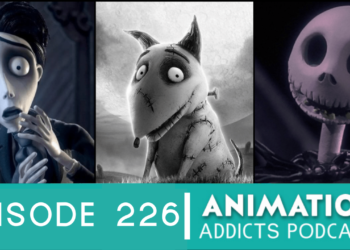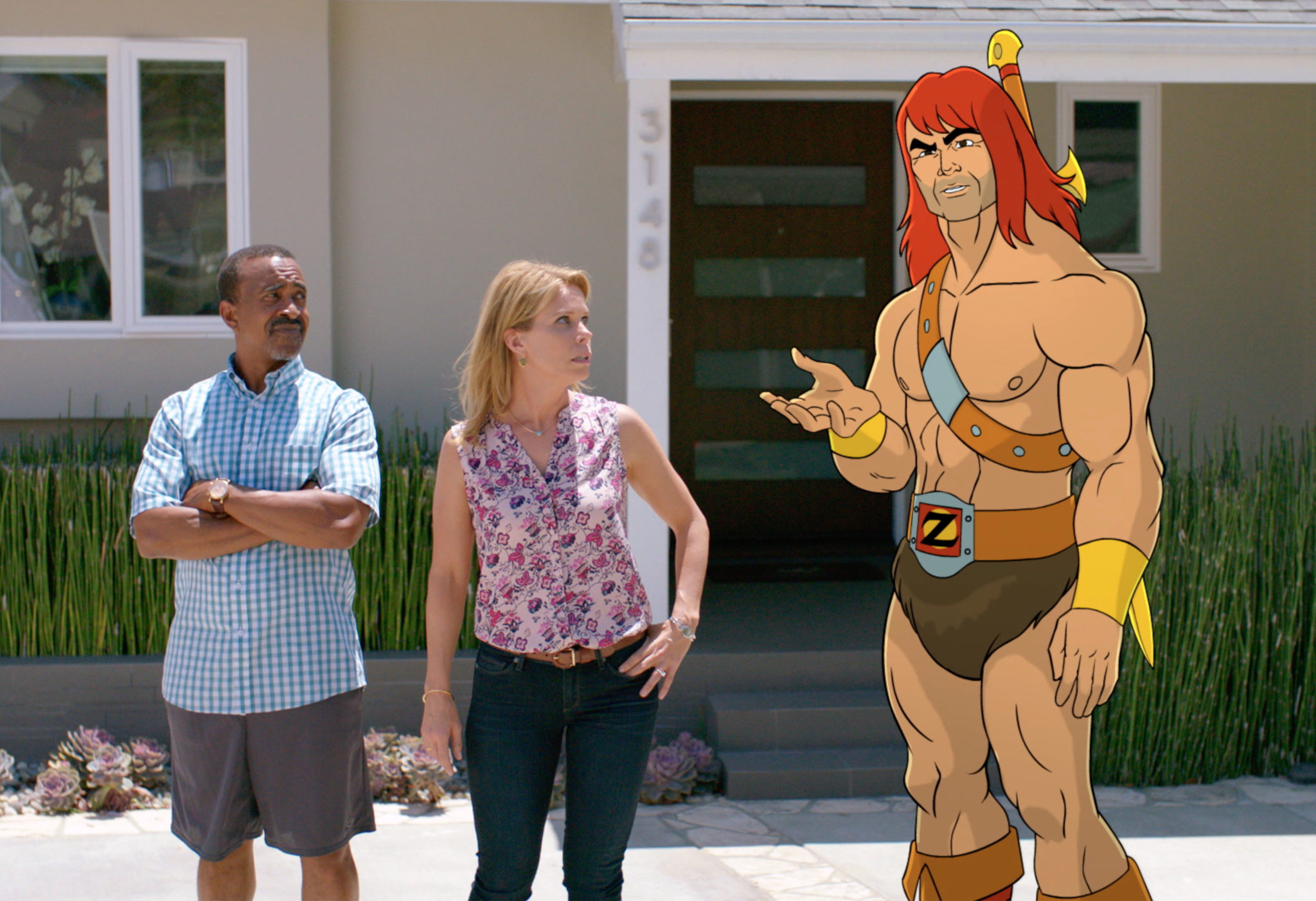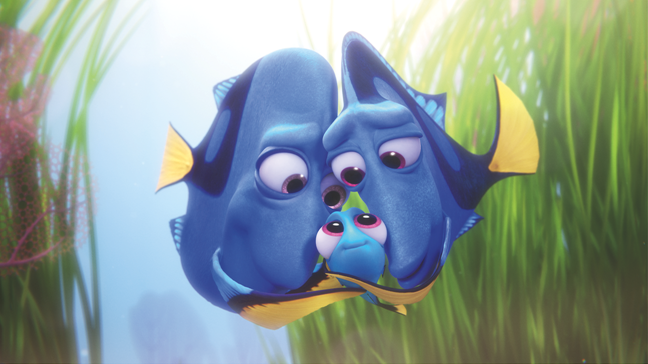
**This is a user-submitted post by Marianna De Lama**
It has been 13 years since I first saw Finding Nemo. I was 12 years old at the time, and I got carried away on a journey of emotions, starting with the heartbreaking scene where Marlin is left alone with Nemo after losing most of his family, to the fun moments with characters like Crush and Dory. However, because of my young age, the main message was submerged. It was years later that I could understand it clearly: the fear parents have of letting go of their children and the necessity to protect them from danger. 13 years later, motivated by the nostalgia, I went to the cinema to see Finding Dory. This time Nemo is no longer the protagonist. Now is the moment for the forgetful but funny Dory to be in the spotlight. The cinema was full of enthusiastic kids and adults alike. Those adults were probably like me, motivated by similar feelings and wanting to remember their childhoods. The lights went out and the room fell silent. After the short film Piper, the movie began. For adults, Finding Dory is a different experience compared to children. Unlike 13 years ago, now the main message can be straightforward for us adults. No filters, no need to review the film a decade later from a older, wiser perspective.
Finding Dory offers a lot of messages. I could notice a narrative continuity in the short film Piper and in Finding Dory: both characters, despite their limitations, constantly struggle to achieve what they want and overcome their fears. With Dory, her struggle was with an omnipresent antagonist in the film: oblivion. Dory has to deal at all times with this barrier that prevents her from reuniting with her parents, but this challenge does not stop her, and she keeps swimming without this being a drawback to who she is. The interesting thing is that this “difficulty” defines the personality of Dory. Without her memory problems, Dory wouldn’t have acquired the skills and characteristics that make her character who she is today. In each of her adventures, she meets people and develops skills that are helpful to her in the future. The same thing happens to us in real life; problems and difficulties test us and form our character and ultimately who we are. And like Dory, we need to keep swimming. But oblivion is an antagonist not just for Dory but also for the other characters. Dory’s parents are afraid to let her go rescue her friends because they are afraid of losing her again and that she will forget them. That is a fear that is also found in our own parents: fear that when we leave home to start our own life, we’ll eventually forget them.
This film, as it occurred with Finding Nemo, caused constant tears and laughter that reverberated in the cinema. Flashbacks of baby Dory with her parents made people remember their own childhoods with their parents. We, as an audience, started to remember how we were taught about life, how we were at that age, and how we always were afraid of being left alone. But the film made us think how we can forget those moments and grow apart until we are far from home, either physically or emotionally, without even realizing it. Like Dory, we can remember and return to find, as Dory’s parents do, a path of sea shells that will help us find home. The tears would not stop falling when the scene of the sea shells was projected, because in real life, we move away from home like a tide washing us away. But there’s always someone waiting for us to come home. When you are older and start to realize that this is occurring in your life, whether it’s because of work or studies, you can’t help but to feel moved by this scene.
Finding Dory may be a sequel that came after 13 years. Many will say that is a sign of a lack of the studio’s originality. However, I feel this movie is fresh and has a character of its own. But the special thing for me (and I am sure for everyone else who was a kid and now is an adult) was that it had a different impact than the first film. Finding Dory shows how challenges and difficulties shape our characters, how we can learn from them and overcome them, and how families play an important factor in a person’s life and development. Kids can get these messages, but adults will feel them more keenly. That’s the special thing of watching a film like this when you are an adult with the heart of a child.
What did you take away from Finding Dory? What messages did you get? Sound off below!
Edited by: Kelly Conley


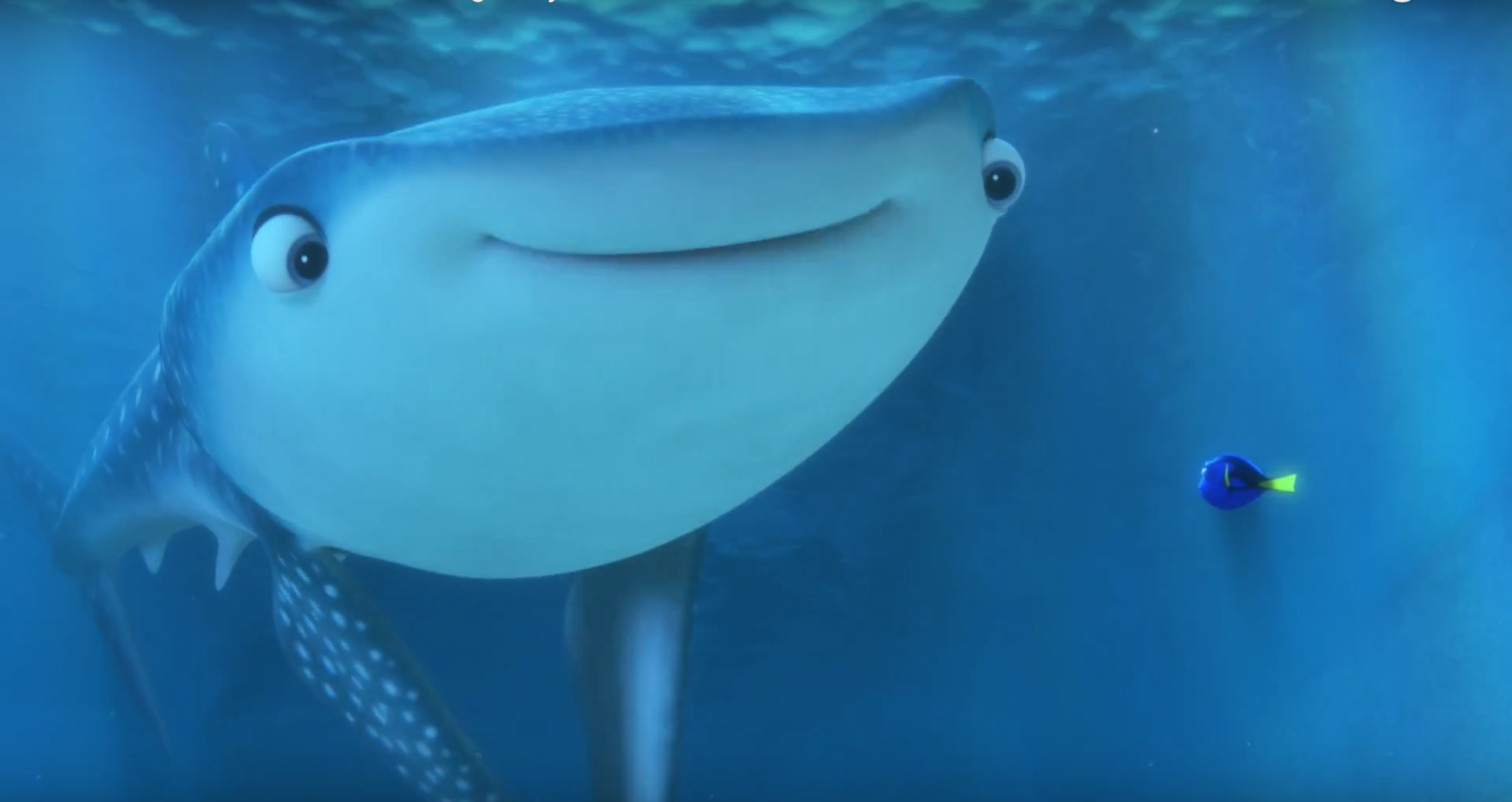
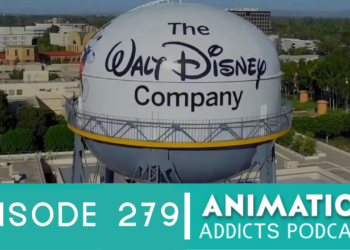
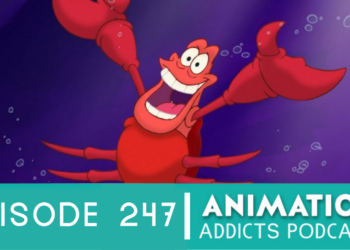
![[OPINION] 10 Heartwarming Animated Adverts to Watch This Holiday Season](https://www.rotoscopers.com/wp-content/uploads/2021/12/Picture61-350x250.jpg)
